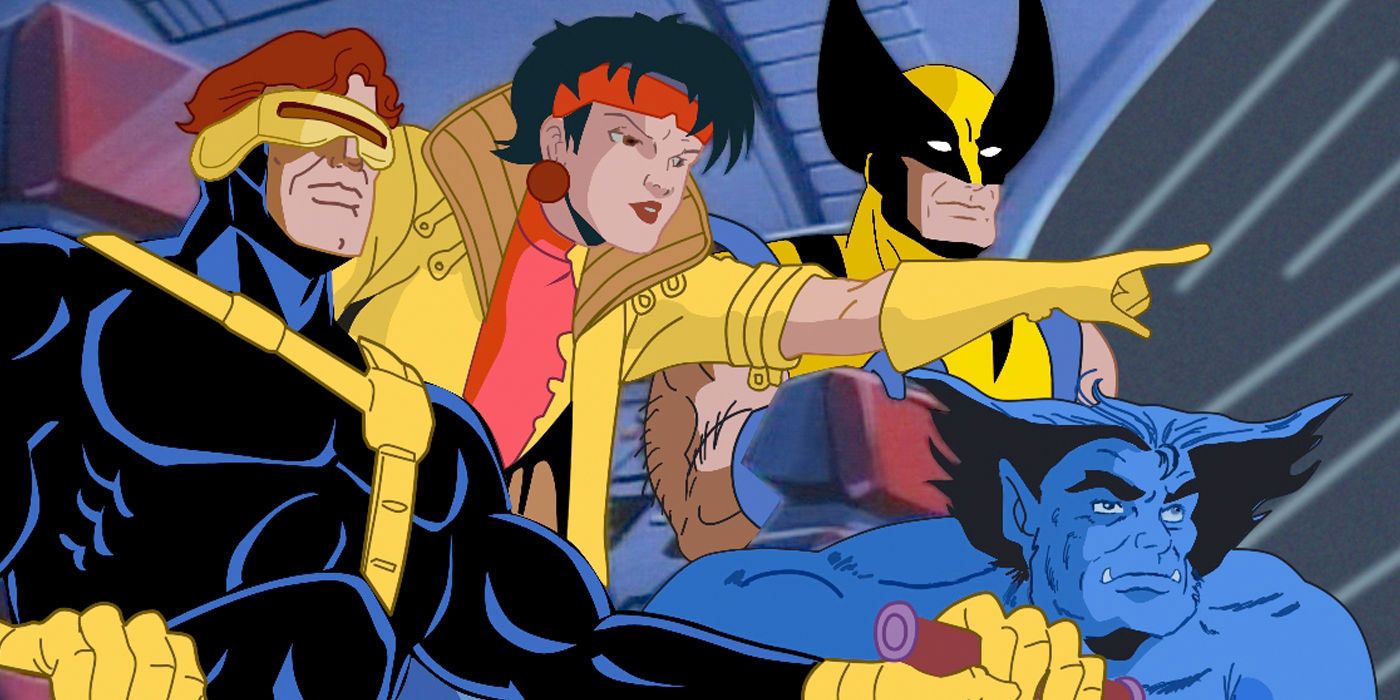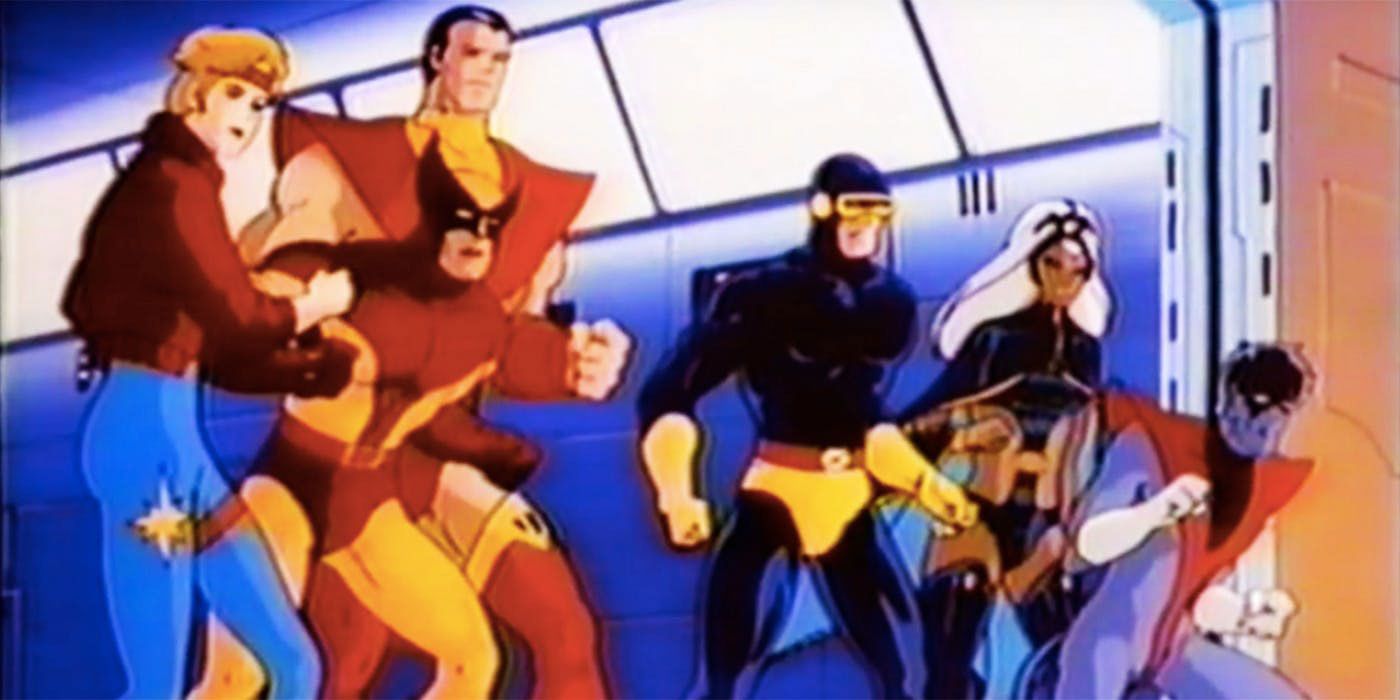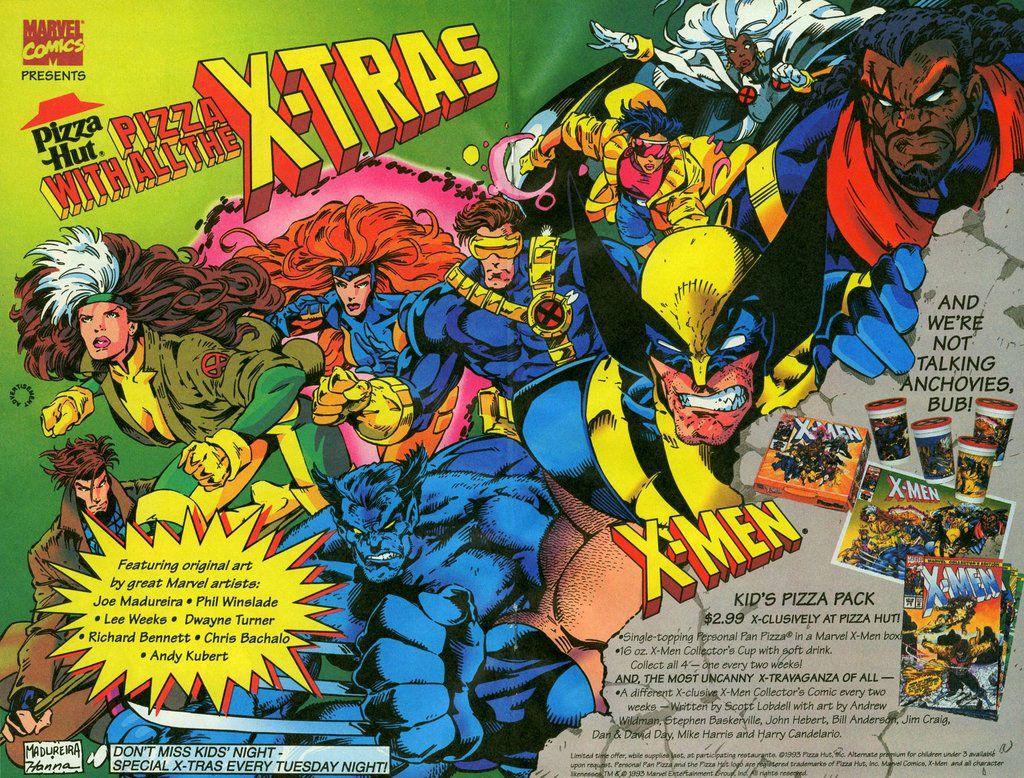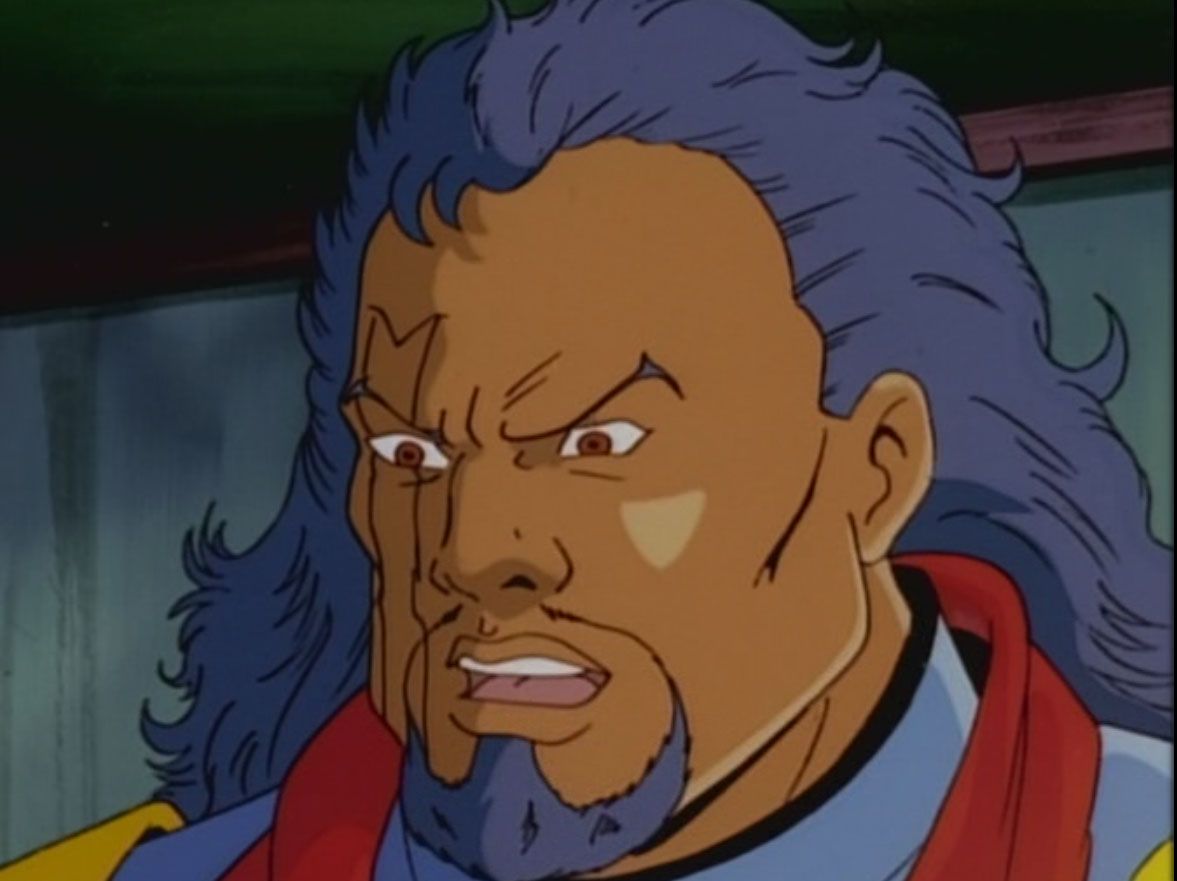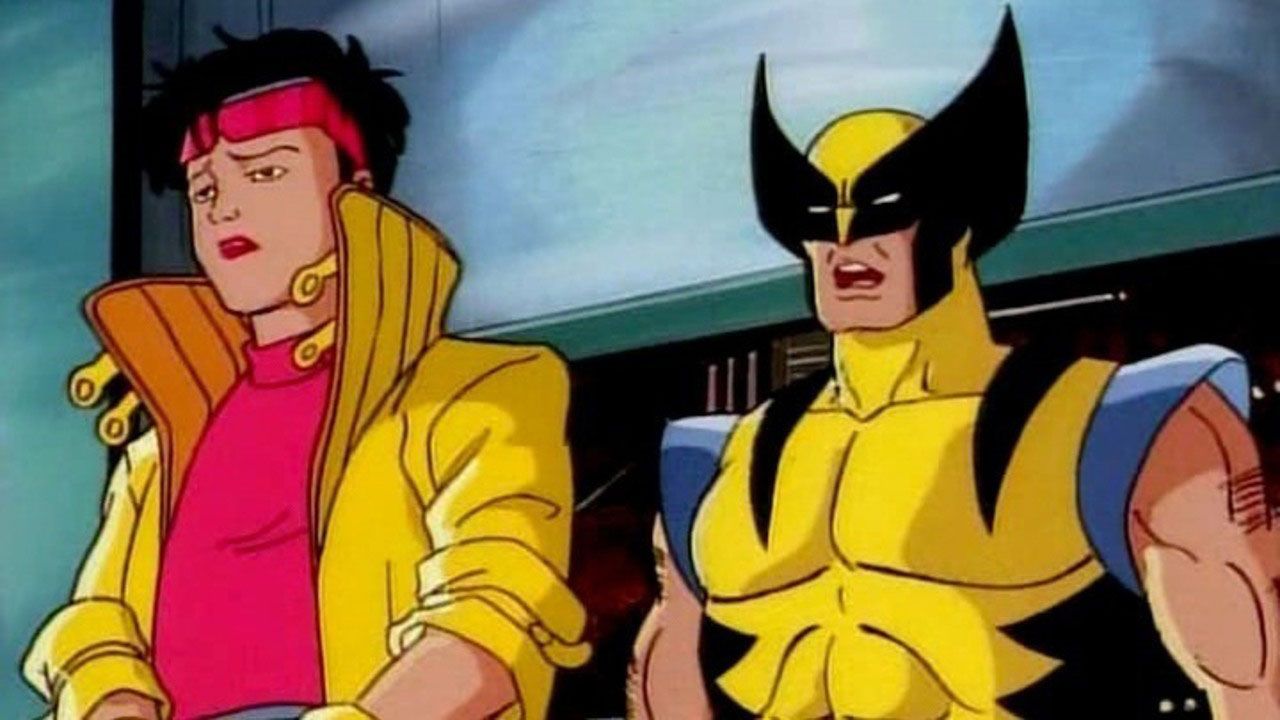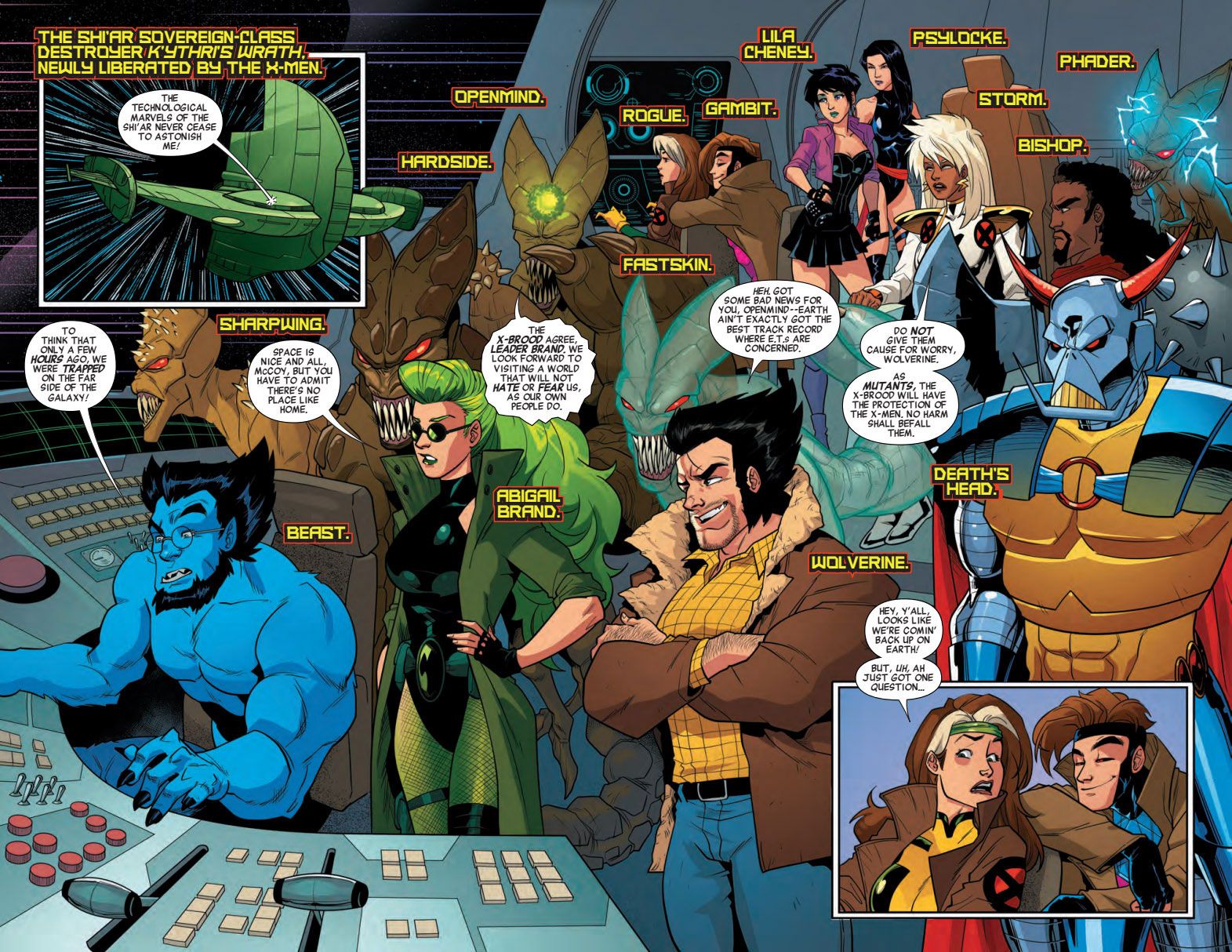Twenty-five years ago today, kids across the country were graced with a cartoon that would become a staple in their Saturday morning rituals: X-Men: The Animated Series, more commonly just called X-Men, based on the long-running Marvel Comics team created by Stan Lee and Jack Kirby. It was a series that would run for the next five years and stands as one of the most influential and relevant cartoons of its time, as well as one of the most beloved comic book-based animated properties ever produced (second only to Batman: The Animated Series, which also debuted in 1992).
X-Men brought a generation of comic books fans and creators the medium, and helped influence how superhero movies would be made for the next quarter-century.
Let’s start at the beginning
The ’92 X-Men series was not the first time this team of mutant superheroes had a stab their own animated series. A failed animated pilot was produced three years prior, and would later be repackaged as "Pryde of the X-Men" on home video and occasional reruns. Due to financial issues at Marvel -- or the fact that Wolverine had an Australian accent -- the show did not launch to series, which in hindsight is probably for the best. (Though it did inspire the popular 1992 X-Men arcade game.)
By 1992, Uncanny X-Men and its recently launched companion series simply titled X-Men (later retitled New X-Men and eventually X-Men Legacy) were juggernauts in the comic industry. The relationship between the comics and the cartoon was strangely symbiotic: The successful launch of the animated series stemmed from the stories by legendary writer Chris Claremont (who wrote X-Men comics for the better part of two decades) and the work of superstar artists like Jim Lee and the Kubert brothers. Conversely, the continued success of the aforementioned comic titles throughout the '90s can be partially attributed to the animated series pulling in new readers.
The show that launched a thousand toys (and pizzas)
Another industry Cinderella story that could be directly attributed to the success of X-Men: The Animated Series is the extensive line of X-Men action figures released by Toy Biz. The company did release X-Men figures prior to the show's premiere that were fairly successful, but it wasn’t until after the second and third series of X-Men figures, which looked more like their television counterparts, that Toy Biz found their real stride in producing Marvel merchandise (something that had a major impact on Marvel's business in the '90s).
But the cultural impact didn’t stop there: X-Men: The Animated Series also helped push the property into successful (and ridiculously difficult) video games with X-Men (1993) on the Sega Genesis and X-Men: Mutant Apocalypse on Super Nintendo the following year. Even Pizza Hut got in on the action, cross promoting the animated series with exclusive comics and VHS copies of episodes, all of which were highly coveted at the time.
Taking the source material seriously
The animated series also challenged audiences with some heavy social commentary, most notably the ongoing themes of discrimination, prejudice, and accepting (and embracing) the things you cannot change. Much like the comics on which it was based, the cartoon introduced kids to the idea that what some people consider juvenile mediums (especially in the superhero genre) had the potential to deliver meaningful stories that would resonate with misfit kids everywhere and make them feel like they were a part of something special -- which they were.
The animated series homogenized the themes of the comic to make them more palatable for a Saturday morning cartoon audience, but it did so while still utilizing a multicultural and diverse cast of characters, something that has long distinguished the X-Men franchise. It was a thing of beauty, mullets and all (seriously look at Bishop’s mullet -- it’s epic).
What came next was huge
X-Men: The Animated Series ended its run in 1997, and even though some of the latter seasons offered some questionable animation and got a little weird with its stories, the series remains remembered fondly as a whole. But the X-Men were not absent from our social consciousness for long. In the summer of 2000, 20th Century Fox launched what would become one of the most financially successful and longest-running superhero film franchises in history with the Bryan Singer-directed X-Men.
The influence the animated series had on this film was not necessarily felt in the story or style; these things could be found in any X-Men property, comics or otherwise. Where the cartoon left its impression is on the crowds that attended those screenings that summer. For every audience member who bought a ticket for X-Men because they love the comics, there was one who was attending because they had fond memories of the animated series. The power of nostalgia (even if it’s for a time not far from memory) is strong. Not only did 2000's X-Men spark Fox's ongoing X-Men film franchise, it was at the forefront of the current superhero movie boom that still dominates box offices worldwide.
Revisiting the past
Now, 25 years after its release, the legacy of X-Men: The Animated Series lives on. In 2015, Marvel released the limited series X-Men ’92, which features the cast of the cartoon in new adventures that tied into the Secret Wars crossover event. The series was warmly received by fans of the show, and fondly leaned into the '90s pastiche with humor and heart.
Other lasting effects can be seen in various corners of social media where memes and dubbed clips from the show are found, plus posts of people playing the iconic theme song on various instruments. Very few cartoons from this era have had the same staying power. Even though it had help from its cross-pollination with the comic books and the cultural impact it spawned with tie-in material to become a modern day classic, X-Men: The Animated Series existed in the right place at the right time, and we couldn’t be more thankful for that.
Happy birthday, X-Men: The Animated Series. You haven’t aged a day -- at lease, that theme song hasn’t. You know it’s playing in your head right now -- doo dedoo doo doo doo dedoo doo doo doo.

